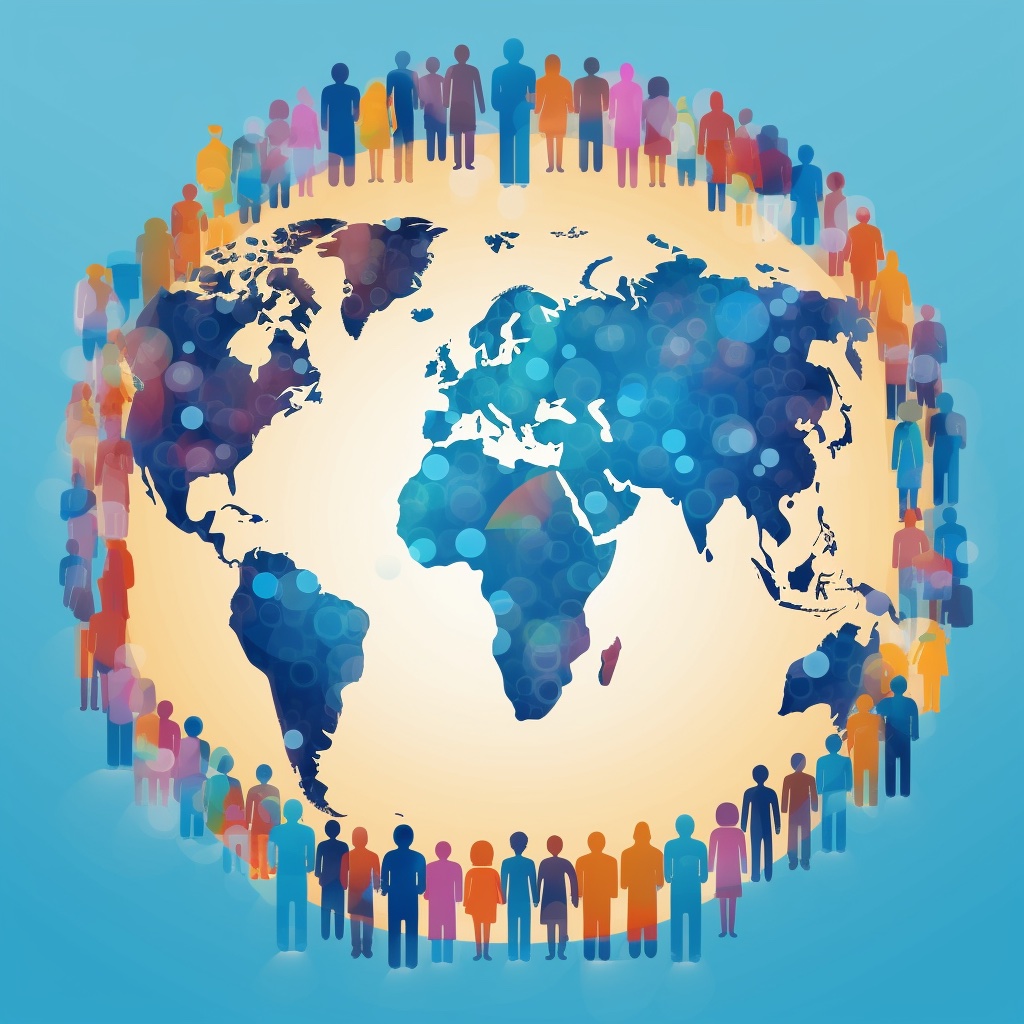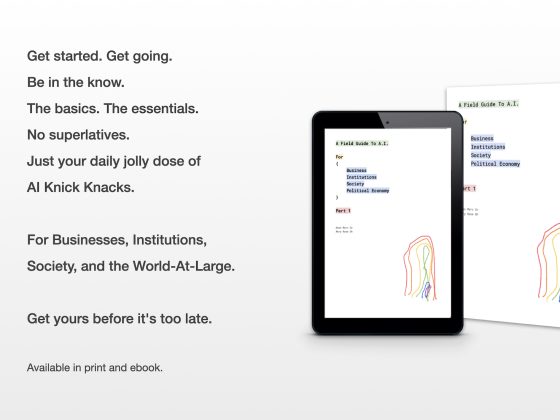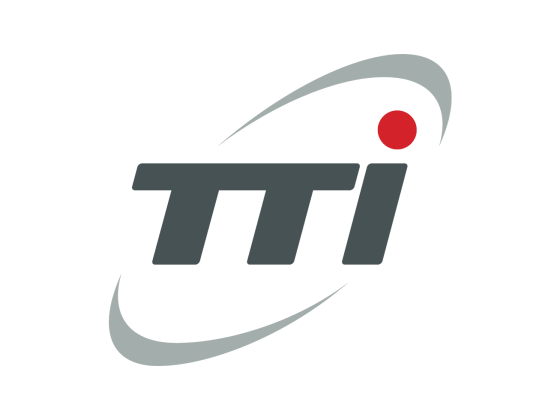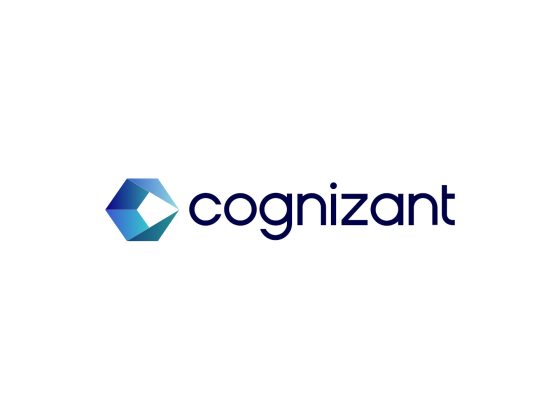Globalisation has undeniably transformed the world, reshaping the role of the state in both positive and negative ways. While it has provided new opportunities for economic growth and interconnectivity, globalisation has also presented challenges that have both strengthened and weakened the state. Moreover, the emergence of transformative technologies like Artificial Intelligence (AI) has further influenced this dynamic relationship between globalisation and the state. The multifaceted impact of globalisation on the state, with a specific focus on the role of AI, both strengthened and weakened under these conditions:
Strengthening the State
Economic Development
Globalisation, driven by advancements in technology and trade liberalization, has enabled states to leverage international markets and attract foreign investment. This has led to increased economic growth and raised living standards for many countries.
Technological Advancement
The globalised world has facilitated the transfer of knowledge, expertise, and technology across borders. This has empowered states to adopt and develop cutting-edge technologies like AI, enhancing their capabilities in areas such as national security, healthcare, and public administration.
International Cooperation
Globalisation has fostered closer international collaboration, enabling states to address common challenges such as climate change, terrorism, and transnational crime. Through platforms like the United Nations, states have forged partnerships and implemented global initiatives to tackle these issues collectively.
Weakening the State
Erosion of Sovereignty
Globalization has posed challenges to state sovereignty, as supranational organizations and global agreements often require states to cede a degree of autonomy in decision-making. Transnational corporations and global financial institutions exert influence on national policies, limiting the state’s ability to act independently.
Unequal Distribution of Benefits
While globalization has created winners, it has also exacerbated inequality within and between countries. Economic disparities can weaken the state’s ability to provide social safety nets, exacerbate social unrest, and erode public trust in government institutions.
Security Concerns
As global networks expand, states face new security threats, including cyberattacks, terrorism, and transnational crime. The state’s traditional territorial focus is challenged by borderless threats that require collaboration and information sharing beyond national boundaries.
The Role of Artificial Intelligence
AI has emerged as a transformative force within the context of globalisation, influencing both the strengthening and weakening of the state.
Strengthening Governance
AI applications enable states to improve governance and public service delivery. Automated processes, data analytics, and predictive modelling enhance policy-making, resource allocation, and administrative efficiency, empowering the state to respond effectively to societal challenges.
Security and Surveillance
AI-driven technologies support states in addressing security concerns. Facial recognition, data analysis, and pattern recognition tools aid in crime prevention, border control, and counterterrorism efforts. However, there are concerns surrounding privacy and potential abuse of these technologies.
Economic Disruption and Inequality
The rapid deployment of AI and automation technologies in industries can disrupt labour markets and exacerbate income inequality. The state faces the challenge of ensuring equitable access to opportunities and implementing policies to mitigate adverse effects on vulnerable populations.
Under conditions of globalisation, the state experiences a complex interplay of strengthening and weakening forces. Globalisation, alongside the rise of AI, has bolstered the state’s capacity to address societal challenges, foster economic growth, and promote international cooperation. Simultaneously, the erosion of sovereignty, unequal distribution of benefits, and security concerns have tested the state’s resilience and effectiveness. As societies navigate the evolving landscape of globalization and technology, policymakers must strike a delicate balance, harnessing the benefits of globalization and AI while addressing the challenges to ensure the state remains an effective and accountable institution in the 21st century.












